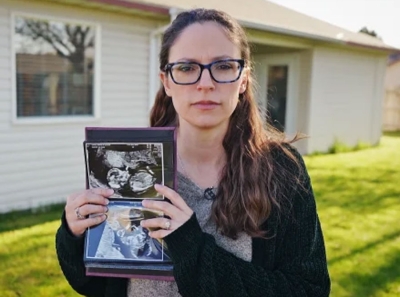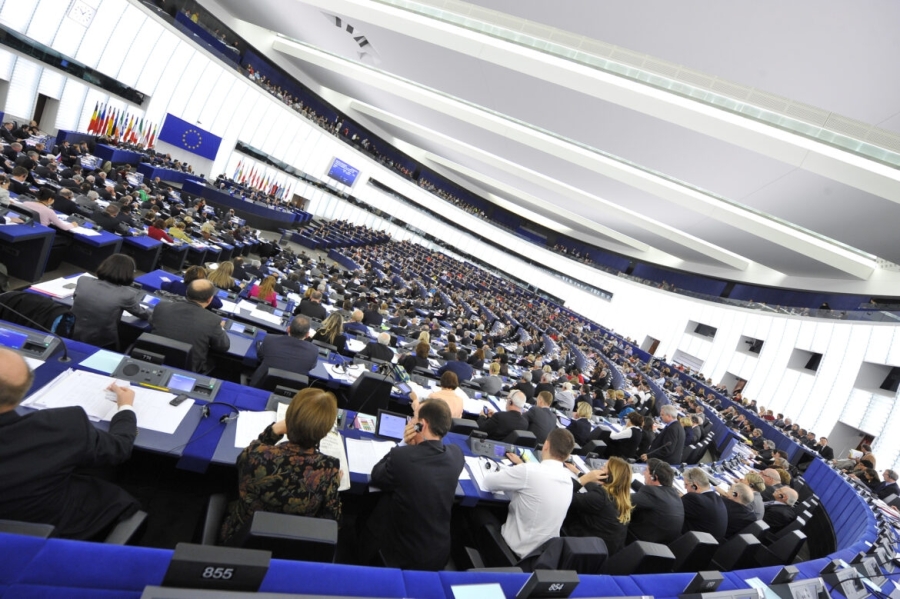MEPs expressed particular concern over press freedom and pluralism, and warn that journalists will continue to be at risk as long as institutions do not prosecute exposed corruption.
They also voted on a resolution comprising Parliament’s assessment of the Commission’s 2022 rule of law report and the overall state of EU values.
Members adopted a resolution that “regrets” the lack of country-specific recommendations related to member states’ unlawful use of spyware.
The text also “deplores” the continued politicisation of national councils of judiciary in some countries.
Many MEPs said they welcomed the European Commission’s monitoring work, but demanded “political courage” and effective follow-up on findings, including corrective measures, especially in cases where things are not improving or where the backsliding is intentional.
Regarding Greece, the debate focused on judicial independence, corruption, and surveillance of journalists, political opponents, and other persons of interest.
In the case of Spain, MEPs discussed judicial independence, legal reforms, and the deadlock in appointing members to the national council of the judiciary.
As for Malta, the fight against corruption, the investigations and trials related to the murder of Daphne Caruana Galizia, and the overall political culture of the country were the main contentious points.
Separately, the European Economic and Social Committee says that civil society organisations (CSOs) must be “recognised, involved and supported as partners that defend and strengthen European democracy and contribute to a functioning rule of law culture.”
Séamus Boland, President of the Civil Society Organisations’ Group, warned against an ever-shrinking civic space. “Our democracy cannot be taken for granted,” he said, stressing the role of independent CSOs in maintaining the resilience of EU democracies. CSOs needed to receive due respect and support and be involved in decision-making processes beyond crisis situations.”
Further comment comes from Dovilė Juodkaitė, member of the EESC Ad Hoc Group on Fundamental Rights and the Rule of Law, who says that “Monitoring is used to demand that public authorities are held responsible and accountable. It helps advocate rule of law and human rights-compliant legal and policy responses”.
The EU is later this year due to adopt the Defence of Democracy package, a move generally welcomed by MEPs.







